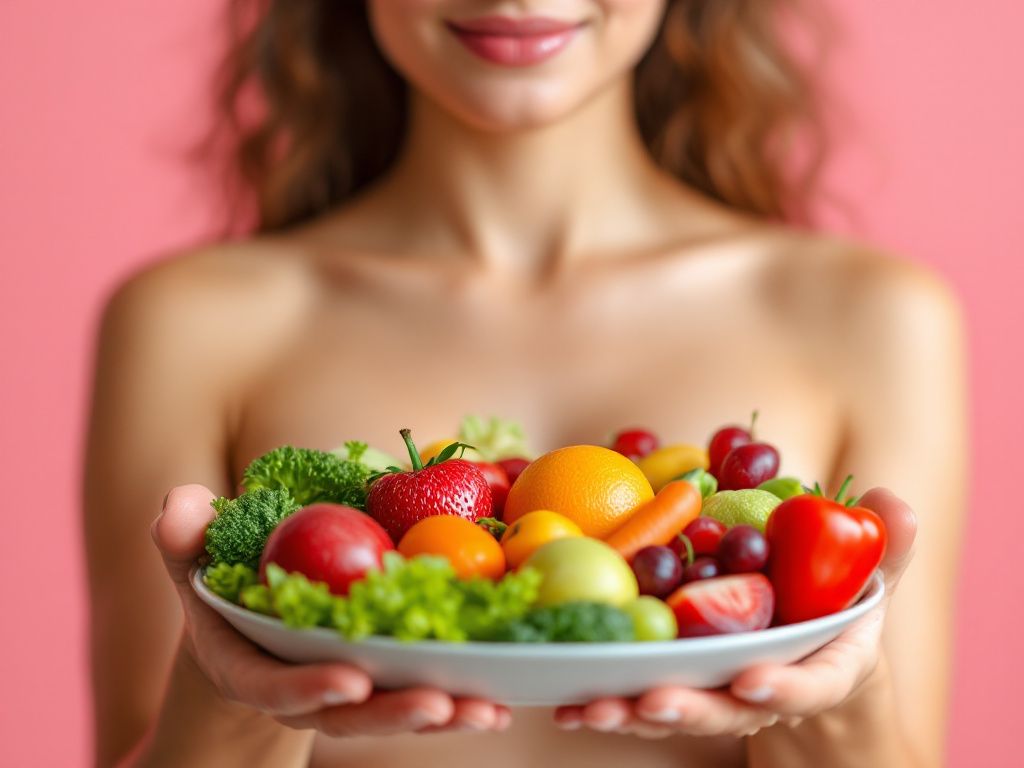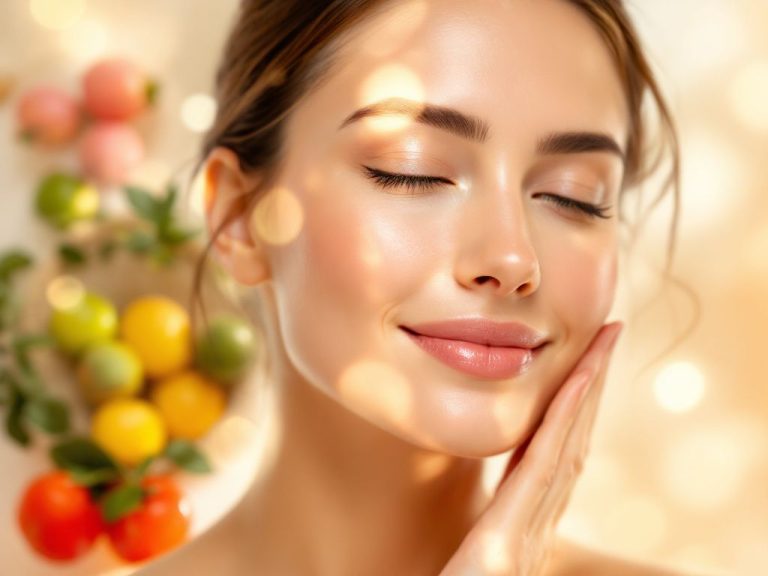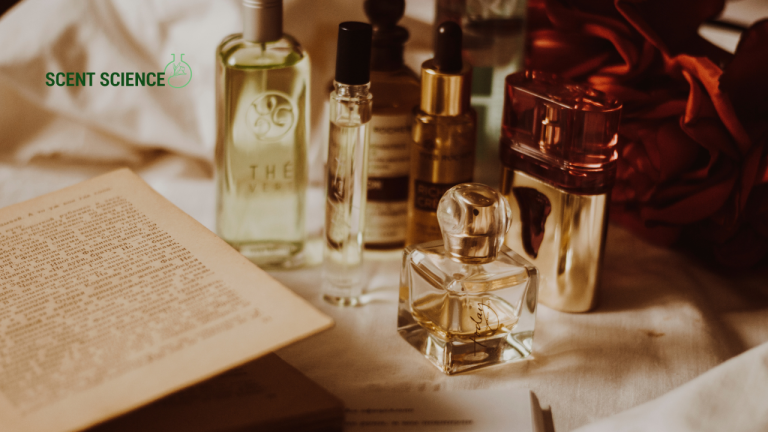Hey there! So, you’re probably here because—per usual—skin woes like acne are being the absolute worst, right? Right when you’ve got somewhere important to be, that annoying zit makes its grand entrance on center stage of your face. Fun stuff, isn’t it? However, let’s entertain the idea that maybe this ongoing pimple war isn’t solely about the cream and cleanser saga you’ve been experimenting with. Could it possibly be your diet playing a sneaky part? Let’s get into this exciting topic of “Vitamin Impact Guide” and uncover what’s going on.
Table of Contents
ToggleUnderstanding the Connection between Acne and Diet
It’s true; our eating habits and, more in detail, certain nutrient levels can affect our skin health. Vitamins, those little essential players in our body, do more than you might think. They pretty much have an impact everywhere. Naturally, when you’re lacking some vitamins, your skin might throw a mini tantrum that looks like, well, acne. It’s wild, I know.
Acne: More than Just Skin Deep
Okay, here’s the deal: acne isn’t solely about what lands on your skin but what’s happening inside. Hormones, genetics, stress levels, and lifestyle, everyone pitches into the acne drama. Among them, diet gives off a surprising amount of influence—specifically vitamins. Basically, vitamins are crucial for maintaining that glowy complexion we all aim for.
So, we’re going to ride that train today and dive into those nutrient effects. What vitamins exactly and what happens when it’s missing from your diet?
Decoding Key Vitamins For Acne Prevention
Zits, pimples, breakouts… they all have one thing in common—your body’s internal signaling messes up without the right viewers, a.k.a vitamins. Here’s the top list of vitamins that might be your skin’s supportive allies:
Vitamin A: The Skin Stabilizer

Vitamin A is a superhero antioxidant. It mainly helps your skin clear out those pesky dead cells that clump in your pores causing breakouts. Retinoids, which are derived from Vitamin A, are a typical prescription for those battling acne. They basically hit refresh on your skin. Without adequate Vitamin A, you’re looking at dry, flaky skin that’s more prone to irritation and breakouts.
Sources of Vitamin A
- Carrots
- Sweet potatoes
- Spinach
- Kale
Vitamin D: The Unsung Hero
The “sunshine vitamin” doesn’t just combat seasonal blues; it’s significant in acne treatment too! Low vitamin D levels have been glimpsed alongside acne outbreaks. With its anti-inflammatory powers, it helps keep your pores unclogged and prevents those aggressive pore warriors from roaming free.
Sources of Vitamin D
- Sun exposure (yeah, free and easy!)
- Fortified cereals
- Egg yolks
- Fish like salmon and tuna
Vitamin E: The Defender
Here’s an interesting thought: Vitamin E pairs well with Vitamin C and together they offer double the impact on skin health, aiding in texture and tone. When you’re not getting enough, the deficiency signs include rough or scaly skin. And that’s just gross. Ensuring a healthy intake can shield your skin from oxidative stress, potentially preventing those inflamed breakouts from becoming a regular.
Sources of Vitamin E
- Nuts (like almonds and hazelnuts)
- Sunflower seeds
- Avocados
- Olive oil
Other Helpful Nutrients to Consider

Okay, so we’ve hit some vitamins, but what about minerals and other key nutrient actions they take? Let’s talk Zinc and Omega-3 fatty acids.
Zinc: The Normalizer
Zinc sees to it that your immune functions don’t get crazy, aiding your skin to heal. Acne-prone peeps often have lower zinc levels than others. Give this a little look and ensure it’s not missing from your plate.
Sources of Zinc
- Beans
- Whole grains
- Seeds (like pumpkin and sesame)
- Meat like beef and chicken
Omega-3 Fatty Acids: The Peacekeeper
What’s so marvelous about Omega-3s is their ability to fight inflammation everywhere, including your skin. Low levels might not only leave skin feeling irritated and breakout-prone but signal internal distress. A dose of fish oil or other Omega-3 rich foods could come with visible relief, trust me on this one.
Sources of Omega-3s
- Chia seeds
- Fatty fish (salmon, herring, mackerel)
- Flaxseeds
Crafting a Vitamin-filled Skin Routine
Ready to build out a powerhouse regimen? Let’s sketch out this glowing road map:

- Balanced Diet First: Start incorporating whole foods that cater to skin-nourishing vitamins.
- Check Labels: Get curious and examine what you’re snagging at the store. Make sure foods pack a vitamin punch or provide necessary nutrient effects.
- Supplement Wisely: When room for extra sunlight/vitamins doesn’t pop up, consider supplements under medical guidance.
- Gentle Skincare: Seek skincare products infused with vitamins for an external glow-up subplot to your internal health story.
Common Mistakes—Don’t Fall for These
Here’s something I CAN’T emphasize enough: don’t skip oils or fats thinking they solely contribute to acne. Often, the right fats like Omega-3s are necessary to prevent dryness and inflammation. And if you’re hesitant about sun exposure, a few intelligent minutes of sunlight daily (10-15 minutes) help with Vitamin D synthesis without risk of skin damage. Overprotecting with gleams of sunscreen on every occasion robs you of this natural synthesis, though balance holds the answer.
Reinforcing Takeaways
Let’s circle back: can vitamin deficiencies trigger acne? Absolutely. Possibly reverse-engineering some outbreaks comes down to readdressing the nutrient effects your body needs.
**Remember**—whole foods pack complex nutrients gifts, while pills and creams cater more slowly to those needs feeling lacking.
The Final Word: Let’s Do This
Feeling overwhelmed or keen on diving in whole-heartedly is perfectly normal. Our diet steers so many health aspects, skin included, that launching a well-nourished campaign might reveal surprising changes. Start simple and visible. Pause barriers blocking your vitamin highway.
Discover what interacts well personally and wean off routine bit once those smiling skin partners become old friends through keeping routine enjoyable and holistic. Got a ready counter of vitamins promising vibrancy to dent acne woes—and genuinely setting you glowing inside-out? Please, join the conversation; let’s talk change, glowing transformation, and confidence knowing your body’s boundless capacity in breast energy shared both global stages and daily interactions sustain enjoyable adventure of holistic health, ultimately sculpting future unperturbed visage—a skincare choice story paved nutrient-filled harmony revealing peace barrier transactions smooth prepare personal vitamin impact future narratives luminous though initial incremental, resolves wanting anyway skipping summoning gradual wondrous commitment reflecting thoughts natural connection evaluate encounters… trusty companion across talk convenient from assess shared definite compile settled authenticate join readers hold reminders digest concede nurturing!
Frequently Asked Questions
What is the importance of vitamins in a healthy diet?
Vitamins are essential nutrients that play critical roles in various bodily functions, including energy production, immune function, and the maintenance of healthy skin, hair, and eyes. A balanced diet that includes a variety of vitamins can help prevent deficiencies and support overall health[2][3).
How do different vitamins impact the body?
Different vitamins have distinct impacts on the body. For example, Vitamin C is crucial for immune function and collagen production, while Vitamin D is essential for bone health and calcium absorption. Vitamin B12 plays a key role in energy production and nerve function. Understanding the specific benefits of each vitamin can help in making informed dietary choices[2][3).
What are the signs of vitamin deficiency?
Signs of vitamin deficiency can vary depending on the specific vitamin lacking. Common symptoms include fatigue, weakened immune function, skin problems, and neurological issues. For instance, a deficiency in Vitamin B12 can lead to anemia and neurological symptoms, while a lack of Vitamin D can result in bone health issues and increased risk of infections[2][3).
How can I ensure I am getting enough vitamins through my diet or supplements?
To ensure you are getting enough vitamins, it is important to maintain a balanced diet rich in fruits, vegetables, whole grains, and lean proteins. If dietary sources are insufficient, supplements can be considered. However, it is crucial to consult with a healthcare professional before starting any supplement regimen to avoid overdosing or interacting with other medications[1][2][3).
References- Ranktracker. (2023). Optimizing Performance: The SEO of Supplements in the Fitness World.
- Seorocket.ai. (2024). Step-by-Step SEO for Vitamin & Supplements Store.
- Neil Patel. (2024). On-Page SEO: Guide & Optimization Checklist.








